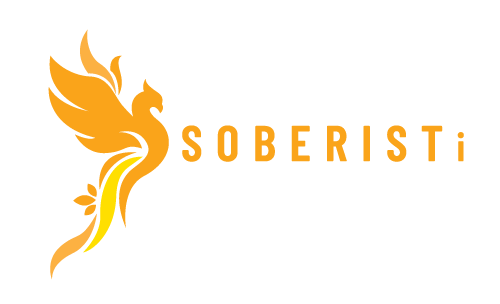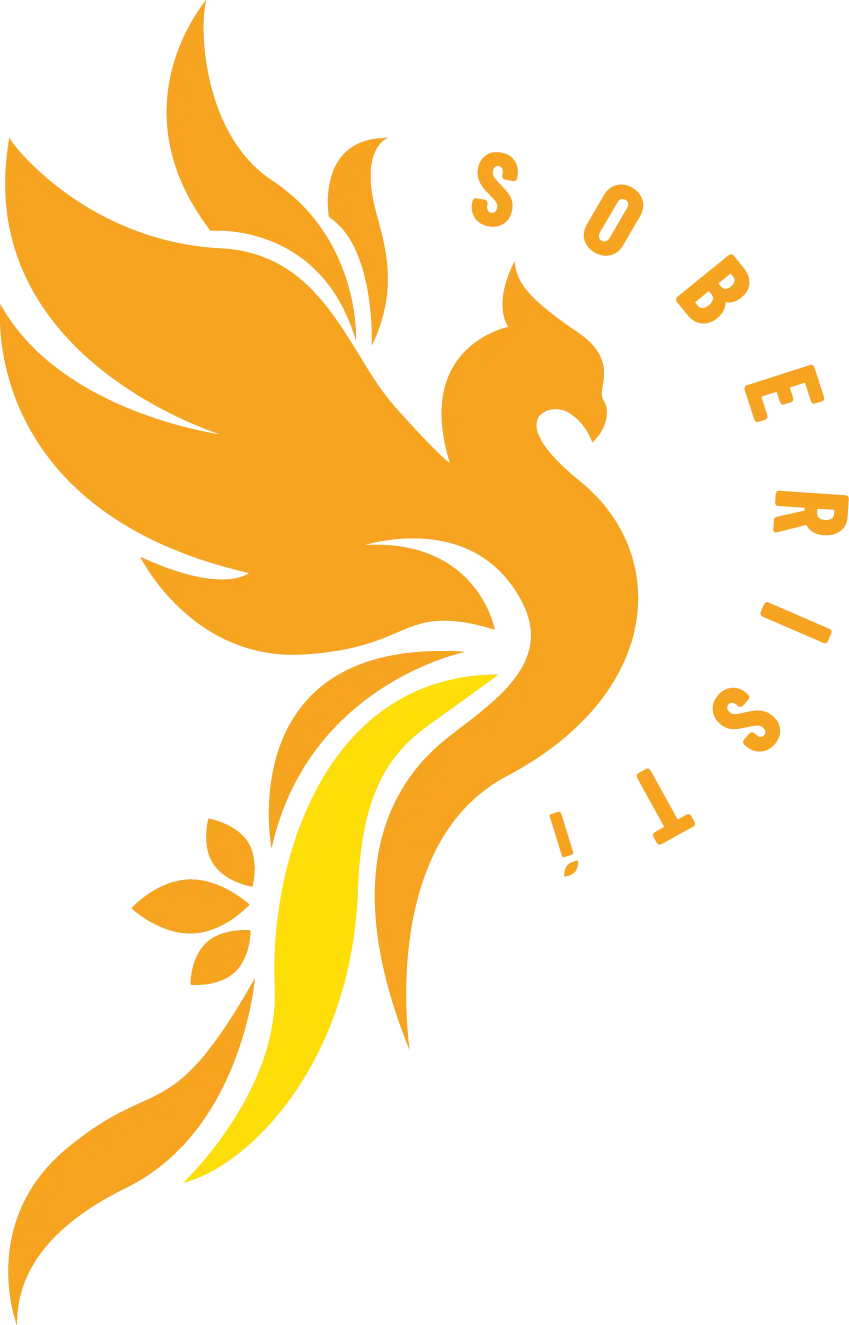I AM Liisa, a 59-year-old university researcher and teacher. I realized about a 12 years ago that I was drinking too much alcohol.
I hardly consumed alcohol before turning 40, but divorce, difficult times in life and the resurfacing of traumatic childhood memories from growing up in an alcoholic family led me to start drinking beer later in life. My addiction developed gradually over 10-15 years. In the last five years, I could finally acknowledge that I had a problem, as I was drinking not only on weekends but also on weekday evenings.
HOWEVER, the COVID era made drinking easier, as work was done entirely remotely. Gradually, my drinking became more frequent. Where a few cans of beer or long drink might have sufficed, I found myself drinking six or even ten cans a night. Sometimes I’d go a week or two without drinking, only to fall back into the same or even faster pace. Towards the end, I noticed how my drinking followed cycles: a few weeks sober, followed by a few weeks of almost nightly drinking. I didn’t go for wine or hard liquor.
MY PROBLEM was hidden from everyone except my spouse, who did little to intervene. He saw the few cans I drank, unaware that I had stashes of empty and full cans hidden away. While drinking, I became quiet, enjoyed being by myself reading or doing crafts, and went to bed early. No one knew how drunk I could be. I didn’t drink around other people—colleagues, friends, or my children—only by myself
FEELINGS of emptiness, melancholy, and anxiety became a daily struggle. They didn’t improve much during the periods when I wasn’t drinking, but rather pushed me to start drinking again. My work hasn’t yet been affected by my drinking, as I have the flexibility to decide when to conduct research and teach. Towards the end, I also started drinking to calm the overstimulation and mental strain caused by work.
I BECAME aware of my alcohol problem a few years ago and attended AA meetings, both online and in person. However, I felt a strong sense of not belonging and couldn’t label or define myself as an ‘alcoholic’ within such a narrow view of humanity. The concept of working through the steps also remained unclear to me. I felt it brought more harm than good in groups where there was no professional support available. I would have preferred more open discussions, rather than monologues where people unloaded their pain onto others. I left the meetings feeling even more burdened and blamed myself for it
LAST summer, I came across Piia Koivumäki’s research articles, which addressed substance abuse comprehensively: as part of a person’s life journey, and in relation to their physical, mental, and emotional being, as well as their life situation, history, and environment. This perspective gave me entirely new insights, not only into how my alcohol use began and progressed, but also into the possibility of change.
WHEN I realized that Piia was an expert at Soberisti, I joined the coaching program right away. I’ve now been a ‘soberisti’ for about three months. I’ve gained strength, motivation, and a sense of self-efficacy to positively influence my own well-being, of which sobriety is a part. I attend psychotherapy and do daily body-focused exercises, which I’ve noticed significantly help me face and accept emotions that I previously numbed with drinking. As a ‘soberisti,’ therapy and body practices have a new and deeper impact.
HOLISTIC APPROACH, recognizing and utilizing my own strengths, and the conversations with other participants are the best aspects of Soberisti coaching. I highly recommend Soberisti-online course to anyone interested in an independent, self-directed way of living a sober yet holistic and fulfilling life, based on the concept of free choice and a comprehensive view of humanity
The Soberisti-online course is for you if you want to be free from alcohol, but don’t feel like an alcoholic and don’t want to be labelled as one.
Duration: 1 year, progressing at your own pace. Includes video tutorials, exercises, training and access to a support community. You can choose between a one-time payment or a payment by instalments at the checkout.


